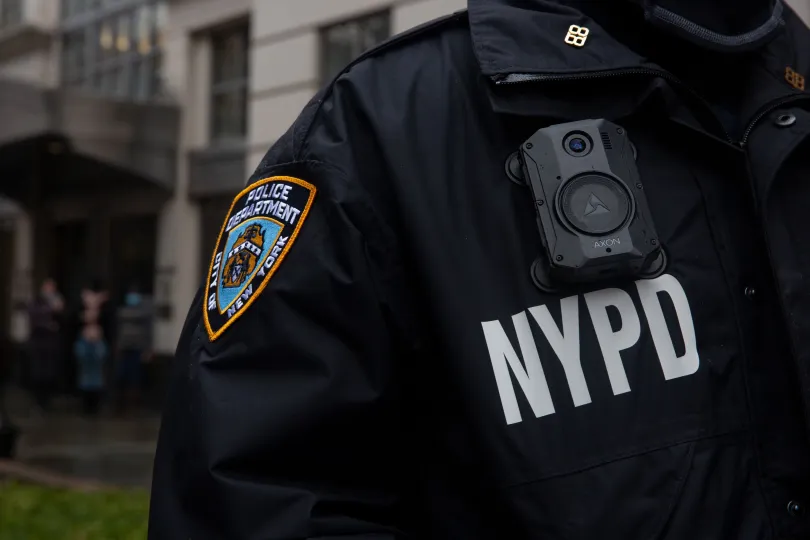Police commission examines touchy blue subject: bad behavior, complaints, lawsuits, punishment
In its first report since the pandemic began, the Commission to Combat Police Corruption says several cops who should have been fired for terrible behavior and lies were allowed to keep their jobs.

 This article was originally published on by THE CITY.
This article was originally published on by THE CITY.
The NYPD let 21 cops who should have been terminated for serious misconduct in recent years remain on the job — including a veteran detective who inappropriately contacted several women who’d called a Crime Stoppers hotline, according to an oversight panel.
In the Commission to Combat Police Corruption’s 20th “annual” report, quietly released last month, the investigators said the discipline meted out by the NYPD was insufficient in 38 out of 338 cases — or just over 11% — that were concluded between October 2018 and September 2019.

Brooklyn Boro
View MoreNew York City’s most populous borough, Brooklyn, is home to nearly 2.6 million residents. If Brooklyn were an independent city it would be the fourth largest city in the United States. While Brooklyn has become the epitome of ‘cool and hip’ in recent years, for those that were born here, raised families here and improved communities over the years, Brooklyn has never been ‘uncool’.